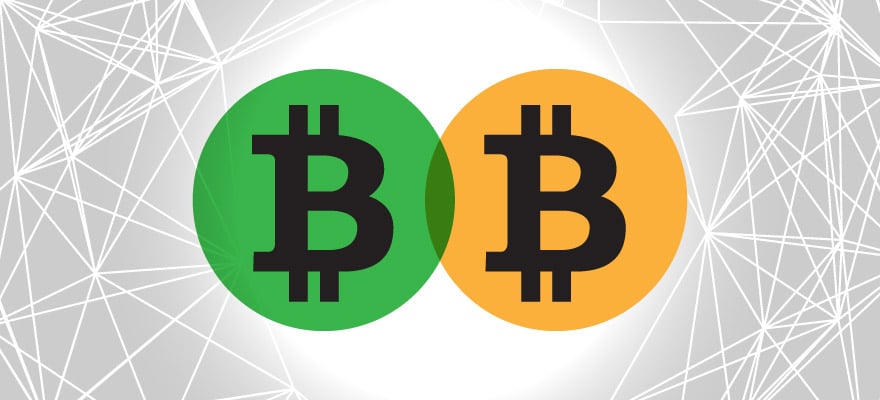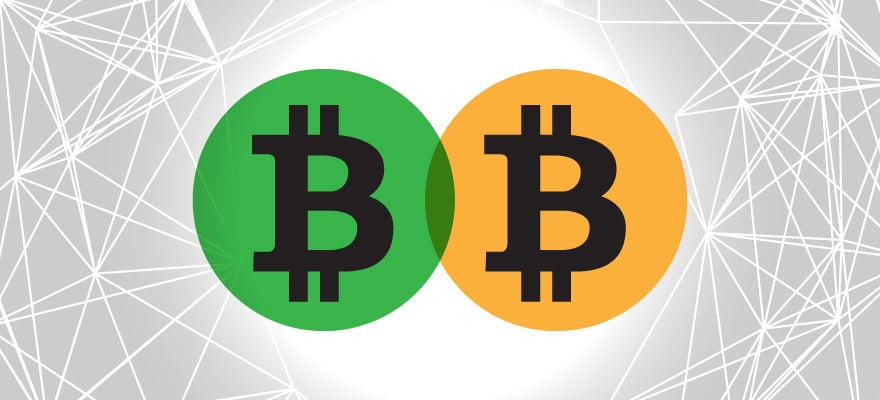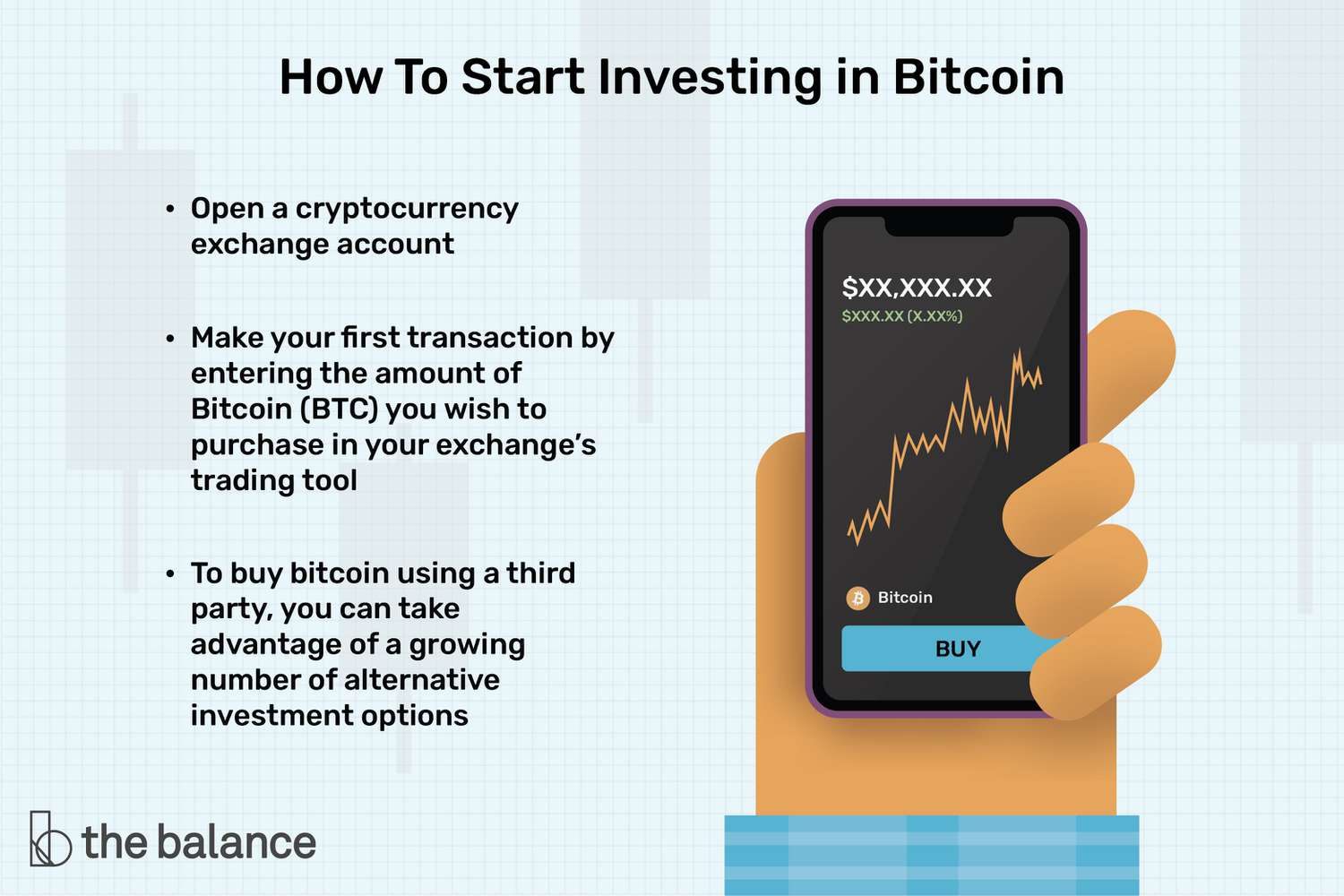
The Bitcoin Cash Hard Fork: A Deep Dive
In the world of cryptocurrencies, few events spark as much debate and excitement as a hard fork. The Bitcoin Cash hard fork of 2018 stands out as a significant moment in the history of digital currencies, leading to the creation of Bitcoin ABC and Bitcoin SV. Let’s delve into the details of this groundbreaking event and explore its implications for the cryptocurrency community.
Understanding Hard Forks
A hard fork represents a protocol upgrade to a blockchain network that renders older software versions incompatible. Unlike a soft fork, which allows interaction between old and new protocols, a hard fork establishes a new blockchain, network, and cryptocurrency by rejecting blocks adhering to outdated rules. Wallet addresses holding a balance at the fork date typically receive equal amounts of cryptocurrency on both networks.
 Bitcoin Cash Hard Fork
Bitcoin Cash Hard Fork
The Genesis of the Bitcoin Cash Hard Fork
The Bitcoin Cash hard fork emerged in 2018 amidst escalating tensions among developers. Within the BCH community, factions aligned with either Roger Ver or Craig Wright, two influential figures with diverging visions for the future of Bitcoin Cash. Ver, known as ‘Bitcoin Jesus,’ advocated for the original Bitcoin Cash, while Wright proposed expanding the block size to 128MB, earning the moniker ‘Satoshi’s Vision.’
Notable Figures in the Conflict
- Roger Ver: A prominent supporter of digital currencies, Ver championed the original Bitcoin Cash over the proposed hard fork.
- Craig Wright: Claiming to be Satoshi Nakamoto, the pseudonymous creator of Bitcoin, Wright argued for increasing the block size to align with Bitcoin’s original vision.
Bitcoin Cash’s Evolution
Bitcoin Cash itself originated from a hard fork of Bitcoin in 2017, driven by philosophical and technical disagreements on transaction scalability. Advocates like Jihan Wu, Craig Wright, and Roger Ver believed that enlarging block sizes would enhance transaction speed and affordability, albeit at the cost of increased storage requirements for network nodes.
FAQs
- Q: What is Bitcoin SV? A: Bitcoin SV, a product of the Bitcoin Cash hard fork, introduces policy changes and technical upgrades distinct from the original Bitcoin Cash.
- Q: What distinguishes Bitcoin Cash from Bitcoin SV? A: The primary disparity lies in block size limits, with Bitcoin Cash capped at 32MB and Bitcoin SV at 128MB.
The Verdict
The Bitcoin Cash hard fork epitomizes the dynamic nature of the cryptocurrency landscape, where diverging ideologies can lead to significant rifts and innovations. As the community continues to navigate these challenges, the legacy of the hard fork serves as a testament to the resilience and adaptability of blockchain technology.
By Riley Emerson















